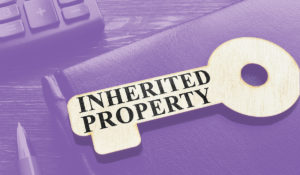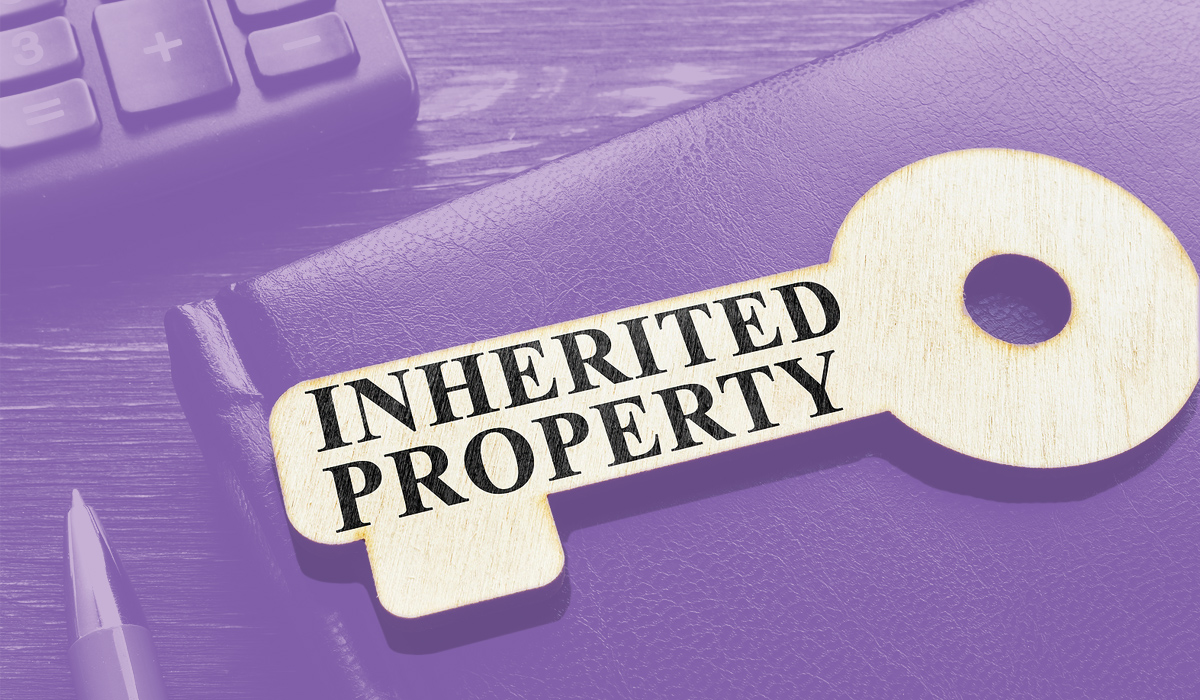
Another set of tax rules that can be overlooked is what happens when a company or shares in a company are passed on to beneficiaries. To understand the implications here, we must ask: how is tax basis calculated if the taxpayer inherits property?
Typically, the fair market value of the property at the date of death becomes the tax basis. When the estate is administered, there’s also an alternate option to set the valuation six months after the date of death. How do we know which one to choose? Go with the higher amount. When a property is inherited, we want the fair market value to be as high as possible because when the asset’s value is readjusted—called a step-up in basis—this serves to minimize capital gains tax and prevents having tax due when the taxpayer disposes of that property later on.
What if the property is gifted to the taxpayer? In this case, the basis for the donee is generally the same as the donor’s basis. The basis will also be adjusted upward based on the amount of gift tax paid on any appreciation. This means that if there’s any gift tax involved, that results in a step-up in basis for the property.
The donee’s basis can be different than the donor’s basis depending on whether the property sold for a gain or a loss:
- If the property has not been sold, the donee will have the same basis as the donor.
- If the property is sold for a gain, the donee will have the same basis as the donor.
- If the property is sold for a loss, the basis will be the fair market value for the property, so there is no loss. If the fair market value of the property is less than the donor’s basis, the lower fair market value will be used for determining the loss.
When we apply these tax rules to businesses, we realize that S Corp shareholders might acquire the same stock at different times for different purchase prices. With a partnership, we might have a situation where the corporation was started with four partners, but now there are only two. If those two partners acquired the other shares of the business, those shares might have a different basis than when the original partners received them. The fact that each owner has a different basis does not have tax consequences for the corporation itself. The possible consequences occur when someone sells or gifts those shares or the company itself and gain is received.
As a result of these considerations, separate basis records need to be maintained for every share of stock that’s been purchased or issued by a corporation. This will determine the gain or loss when a sale is made. Depending on the holding period, we can then calculate the basis for those shares.
Amplify your tax planning skills and increase your client base by becoming a Certified Tax Planner.





